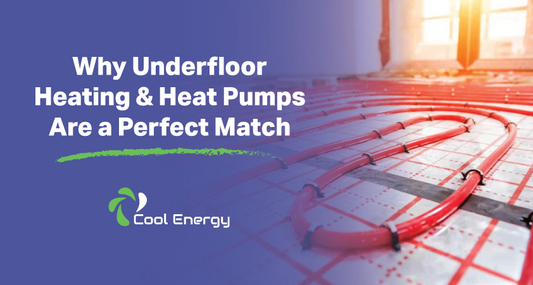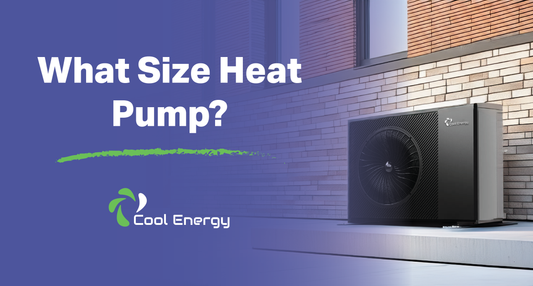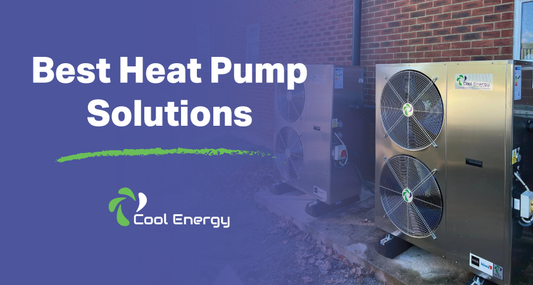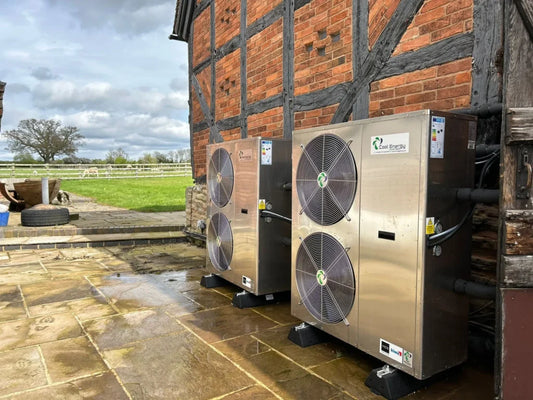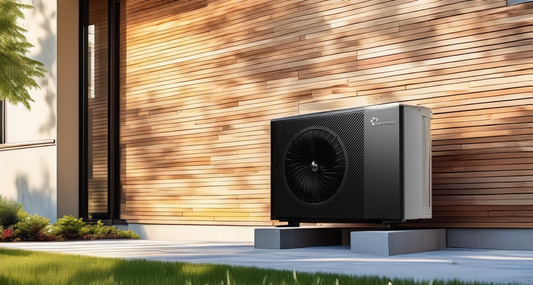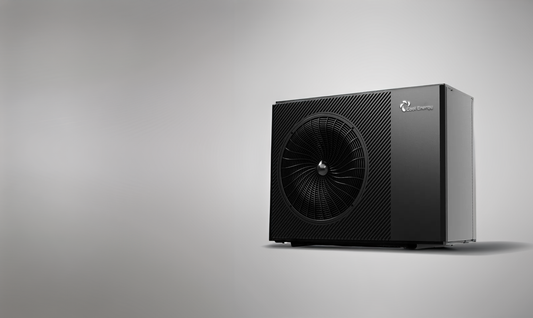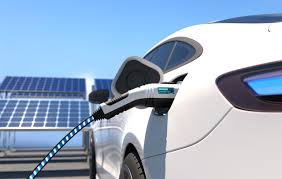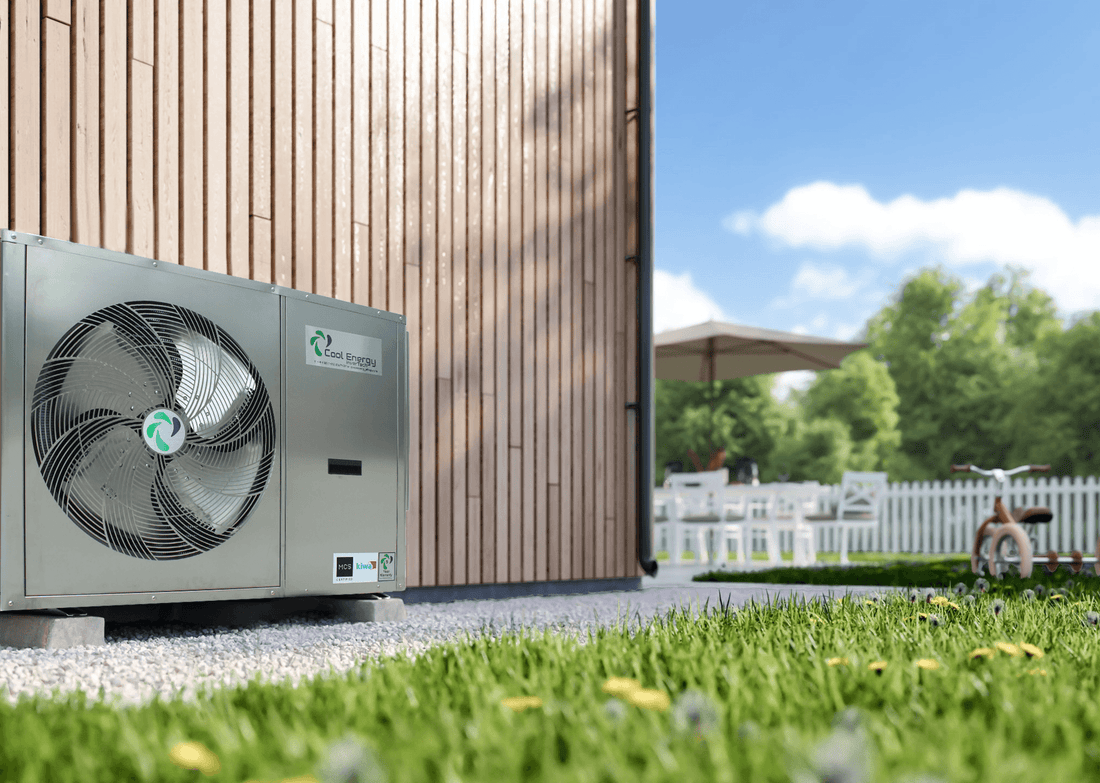
How Long Should a Heat Pump Run Per Day?
A heat pump is vital to cooling and heating your home. However, people always ask how long heat pumps should run in a day for maximum efficiency. We've done our research and found the information to help you determine whether your heat pump runs correctly. Read on to find out more.
Typically, heat pumps recycle twice or thrice an hour. They should stay on for 10-20 minutes during this cycle. However, the heat pump can constantly run to maintain your home's temperature, especially if outside temperatures are below 30 to 40 degrees. There are various reasons why you should ensure your heat pump runs correctly.
For starters, knowing your heat pump cycles ensures you don't waste energy. This article helps inform you on how heat pumps work and how often they should cycle.
How long should heat pumps run daily?
Heat pumps work by transferring heat into or out of your home, depending on the seasons. For instance, heat pumps deliver cold air to your home during hot seasons and remove any heat present in your house. Heat pumps transfer heat into your home from the surroundings and removes any cold air from your home.
In short, heat pumps transfer surplus energy to your home and deliver it throughout the house as cold or hot air. Typically, heat pumps have two or three cycles in an hour. The cycles are sufficient enough to deliver surplus energy to your home. The surplus energy is the difference in temperature between your home's inside and outside.
We've mentioned that heat pumps run constantly during winter. They do this because of working overtime to maintain your home's temperature.
Heat pumps run at one, or several set temperatures during the day. However, the primary goal of using a heat pump is ensuring you are comfortable in your home. For instance, users set their preferred temperature and heat pumps work overtime to ensure they maintain the temperature against any extreme external fluctuations.
Why does your heat pump run through the day?
Like normal furnaces, heat pumps cycle off and on until they reach preset temperatures. The heat pumps acquire a balance when they reach a point where the amount of heat users need is similar to that which the system provides. The system will run all the time once it achieves the balance point.
Heat pumps will continue to run if external temperatures drop. Occasionally, homeowners use backup electric coils to supplement temperature deficits. You shouldn't worry about backup coils since manufacturers design heat pumps to provide homeowners with cheap heat and backup coils are only a redundancy in case of a minor issue with the system.
What does it mean if your heat pump short cycles?
You should note that something is wrong with your heat pump if it short cycles. Short cycling happens when your heat pump has various problems like issues with the inverter board or low refrigerant levels. Your first step should be inspecting and cleaning the air filter and outdoor condenser unit.
You should contact a professional to repair your heat pump system. Another reason your heat pump could be cycling too frequently could be because it's trying to maintain two temperatures within your home. You should ensure you set your thermostats at the same temperature throughout your home to prevent irregular cycling.
Is it okay for your heat pump to run throughout the day?
It may or may not be okay for your heat pump to run all the time. However, it depends on various factors. For instance, your heat pump will run all the time if outside temperatures fall below 30 to 40 degrees. Thus, you shouldn't worry if this is the case; however, there are other situations that warrant a diagnosis.
For example, there could be a problem with your heat pump if it runs all day in the summer. Heat pumps don't have to work as much during warmer seasons since there isn't a huge temperature difference. Therefore, you should contact a professional to assess the situation and advice you on the best steps to take.
Should you turn off your heat pump at night?
Usually, manufacturers advise keeping your heat pump on at night to maintain an optimal temperature while you sleep. Additionally, there is the chance that the system could break down or freeze if you turn it off and temperatures drop at night. This may lead to costly repairs that you'd have avoided if you left the heat pump on.
You should set the house temperature to a specific degree comfortable for your family while you sleep instead of switching off the heat pump. Doing this maintains a constant temperature, ensuring the heat pump runs smoothly and you sleep comfortably.
Turning your heat pump off causes your home's temperature to drop drastically, and the heat pump will have to work extra hard to bring it back up. You should install a programmable thermostat you can set to a specific temperature when your family isn't around during the day.
This way, no family member has to return to a home that's too cold or warm at the end of the day. Additionally, constantly turning your heat pump on and off runs the risk of increasing your electrical bills because heat pumps have to start up each time users turn them off. This uses up more energy than if users left them running.
Additionally, newer heat pumps are quite efficient, and manufacturers design them to run non-stop when needed. This helps keep homeowners warm and maintains their electric heating bills.
What temperatures should you set your heat pump to?
You should set your heat pump's temperature to 50 degrees if you want it to run efficiently. The temperatures allow most homes to have steady airflow throughout the house, which is perfect for most home owners. Individuals who find these temperatures too high should lower the temperature by a degree or two to experience more comfort.
Before setting your heat pump's operating temperature, note what clothes you regularly wear at home. Also,50 degrees is an average number, and some users may feel comfortable at lower or higher temperatures. Thus, you should select a temperature you feel comfortable with.
That said, you should note that manufacturers don't recommend setting your temperature above certain degrees. Doing this significantly increases your electrical bills and forces your heat pump system to work harder than it has to. Ensure that you dress as you regularly do within your home and set your thermostat to a comfortable temperature.
Conclusion
Heat pumps are quite efficient and cost way less than other heating systems. For instance, they are better and more cost-efficient than electric furnaces; however, you must maintain and care for them appropriately. Note that some heat pumps run intermittently while others run throughout the day depending on the design, and often, this comes at minimal to no extra cost.
